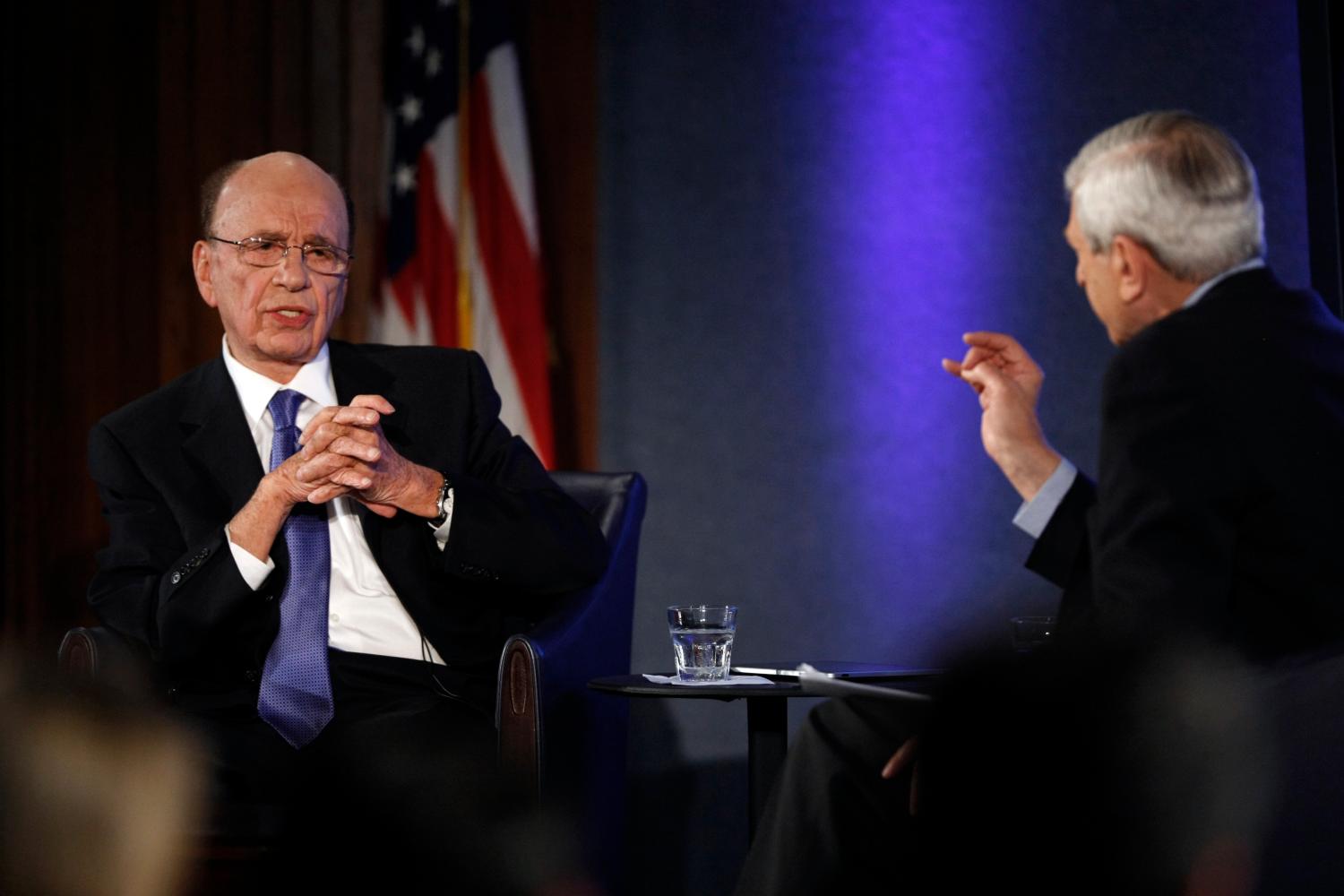Poor President Obama. He would love to be compared with Lincoln, Reagan or Kennedy, as he rides his re-election caravan, but he is now more likely to be compared with Nixon, who stands tall among his least favorite predecessors.
Obama used to describe Afghanistan as “a war of necessity,” a “war that we have to win.” He does not indulge in such brave talk any longer. Now the president seems resigned to a reluctant retreat from Afghanistan—the sooner the better, of course, so long as it does not adversely affect his campaign for re-election.
Nixon, in his time, faced the quagmire and quandary of Vietnam. Soon after winning the presidency in November, 1968, he told his freshly minted national security adviser, Henry Kissinger, that he knew (and he assumed Kissinger knew) that an American victory in Vietnam was not in the cards; but he added quickly he could not admit that to the American people. What he could and would do, however, was begin an American troop withdrawal from Vietnam—a strategy Kissinger respectfully opposed, arguing that withdrawal would only weaken the American negotiating position and encourage the North Vietnamese to wait until the balance of power shifted in their direction. Then, they could go for an all-out victory over America’s South Vietnamese allies, which in fact is what they ultimately did on April 30, 1975.
Obama, from the very beginning of his administration, has been aware of the Nixon parallel, but he has been unable, or unwilling, to accept its logic as the core of his war policy in Afghanistan. Obama knows that the United States cannot win the war, despite his muscular 2008 campaign rhetoric, but he also knows, if only for political reasons, that he cannot allow the United States to lose it either. So he splits the difference. Like Nixon, he adopts a withdrawal strategy; but unlike Nixon, he is determined to fine-tune the withdrawal so he does not lose the war. Is this possible?
The Vietnam parallel would suggest it is not possible. One reason is that the war is being fought not only in Afghanistan but also in the United States, where a clear majority of Americans no longer support the war and where Congress may feel the need to cut funding for the war. Another reason is that recent events in Afghanistan have soured relations between the two countries: U.S. troops caught urinating on dead Afghans, or mistakenly burning copies of the Koran, or one soldier going on a rampage and killing 16 Afghans, including women and children, or increasingly sharp exchanges between President Karzai and visiting Americans.
If the war in Afghanistan were simply a test of U.S. troops fighting Taliban guerrillas, the United States would win. No dispute. But the war in Afghanistan has always had other measures for success, two especially high on the list. One, a government in Kabul free of corruption and acceptable to a majority of the Afghan people—that has not yet happened, nor is it likely to happen; and two, an end to the Taliban’s ability to operate on the other side of the Pakistan border—an end, in other words, to its sanctuary in Pakistan, which has also not happened, nor is it likely to. The upshot is that the United States cannot win, but Obama still has the option of fine-tuning the American pullout in such a way that the United States does not lose the war, or appear not to lose the war. The way out would be a negotiated compromise with Karzai sharing power with the Taliban—what, during the Vietnam War, we called a coalition government. Nixon refused to accept a coalition government. Obama appears to be open to that possibility.
But the problem here is that the Taliban have pulled out of their secret talks with the United States, perhaps a temporary step, and Karzai, ever suspicious of America’s intentions, and the Taliban’s, is unlikely to agree to share power with his long-standing Taliban enemy.
Obama is stuck in a mess only partly of his own making. In 2009, he flexed America’s muscles, adding 50,000 troops to the fight but also adding a timetable for the beginning of their withdrawal—July, 2011. He’s always been of two minds about the war. Then, in December, 2010, he joined his NATO allies in fixing December, 2014, as the date for an end to the withdrawal of American and all other NATO combat troops. And, in 2012, with presidential elections looming on the near horizon, Obama and his top aides began to hint of an accelerated timetable for the American withdrawal. Now he is beginning to show signs of a hurried rush to the exits.
If you were the Taliban, would you negotiate a compromise end to the war? Now? Or would you stall and wait for the Americans to leave and then, if you can, take it all? The odds are, you’d wait.
The Brookings Institution is committed to quality, independence, and impact.
We are supported by a diverse array of funders. In line with our values and policies, each Brookings publication represents the sole views of its author(s).




Commentary
Obama’s Retreat from his “War of Necessity”
March 19, 2012